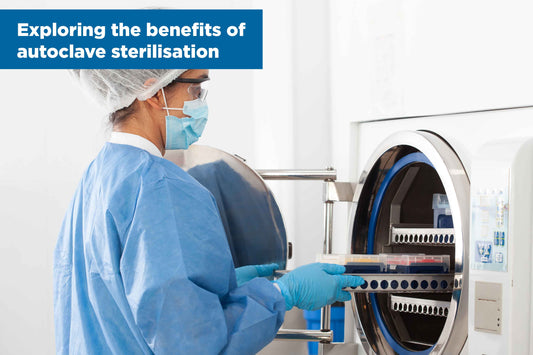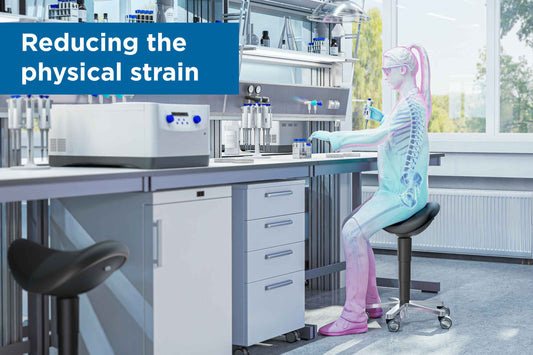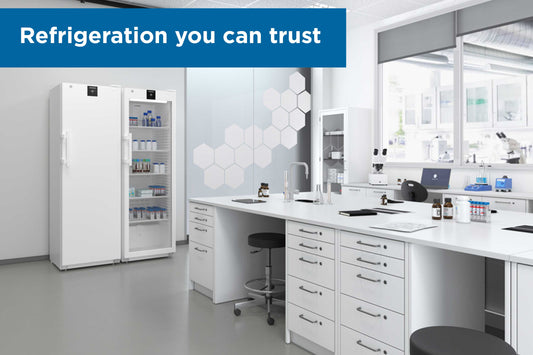In a recent webinar, we spoke to Paul Westgate, managing director of Veritas Pest Consultancy. Paul spoke to us about some of the major challenges of pest management facing the food industry in 2024. In case you couldn’t make the webinar, we’ve covered the need-to-know information here and what these developments mean for your business in light of BRCGS issue nine.
As outlined by BRCGS, pest control is one of the top 3 major non-conformances threatening businesses within the food sector. Updates to the 2022 BRCGS Issue 9 revealed new rules and regulations around pest control and pest management.
So, what changes do you need to be aware of and how do you stay compliant?
Legislative changes
The BRCGS issue 9, outlined several legislative changes that have a significant impact on existing pest control measures and new measures going forward.
The use of glue traps
The use of glue traps is currently under review throughout the UK following the Glue Traps (offences) Act 2022. In Wales, glue traps have already been made illegal throughout all pest management, and licenses will be required for the rest of the UK from July 2024.
Wild bird licenses
Wild bird licenses (GL41) require competent non-lethal measures for the control of birds in and around your building.
No more phosphorous-based fly fillers
The Reduction of Hazardous Substances Directive restricts the use of phosphorescent fly killers, due to the inclusion of phosphorus and mercury and fly killers are now required to move over to LED models.
Rodenticide resistance
In addition to BRCGS, there are other major developments in pest control measures within the food industry. A recent sampling carried out by the Campaign for Responsible Rodenticide Use UK (CRRU) has revealed a 78% resistance in rats and a 95% resistance in mice to anticoagulant rodenticides in a three-year sample across over 30 sites.
This resistance is also location specific depending on the rat population in your site area.
Advice from the Rodenticide Resistance Action Committee (RRAG) suggests the use of brodifacoum as an effective alternative in areas where resistance is suspected.
First response
A swift and effective first response is critical to contain contamination before it spreads further. For this to happen, monitoring and risk assessments need to be carried out on a regular basis. Effective communication and collaboration between all staff members is essential. Everyone on the premises should have undergone relevant training and know how to respond in the event of contamination.
Importance of an Integrated Pest Management (IPM) approach
BRCGS promotes the use of Integrated Pest Management (IPM) practices which promote a holistic approach to pest management that combines multiple different strategies. To comply with audit requirements, food manufacturers should review their IPM processes to ensure they cover new legislation and audit standards.
Consider the following when reviewing your IPM procedures
Proofing
The process of keeping pests out of your facility through building design. Regularly maintain the structure of your building by assessing structural holes and filling them in when required.

Housekeeping and hygiene
Reducing opportunities for pests to breed by:
- Implementing and detailing a rigorous cleaning programme
- Regular maintenance of machinery and equipment
- Removal of harbourage points.
Observation and monitoring
Proactive monitoring and tracking of pest control processes. Ensuring your monitoring is data driven and corrective action is taken, based on data.
Monitoring resistance in your area can also prevent the use of incorrect rodenticides. You can do this through the RRAG website.
It is also important to actively contribute to research. For example, The RRAG committee offers a free service where you can submit rodent DNA and understand resistance in your area.

Chemical & non-chemical destruction
Making sure there is first response to pest threat through:
- Chemical management
- Trapping
- Physical removal.
Culture and a proactive attitude
Taking ownership across the business at every level through:
- Teamwork
- Trust in your colleagues
- Professionalism at all times.
Education and training
Increasing pest awareness across your entire site through:
- Requiring pest awareness training for all employees
- Maintaining an increased awareness for those involved in project planning
- Encouraging early detection routines and the importance of teamwork in managing pest control.
Online pest control courses
One of the key takeaways from the BRCGS Issue 9 is that effective pest control is a company-wide effort that involves all staff. Inadequate staff training can lead to mistakes that in some cases can lead to non-conformances, a failed audit and potentially catastrophic results for your business.
Online courses are a time and budget-friendly way of making sure all your staff are up to date with the latest training required for your business to remain compliant with the BRCGS.
Teknomek have teamed up with Veritas Pest Consultancy to present four online courses, which are recognised by BRC auditors, to help educate your business on the subject of effective pest control. For more information see our pest control course page or give our Teknomexperts a call today on +44 (0)1603 788 833.




